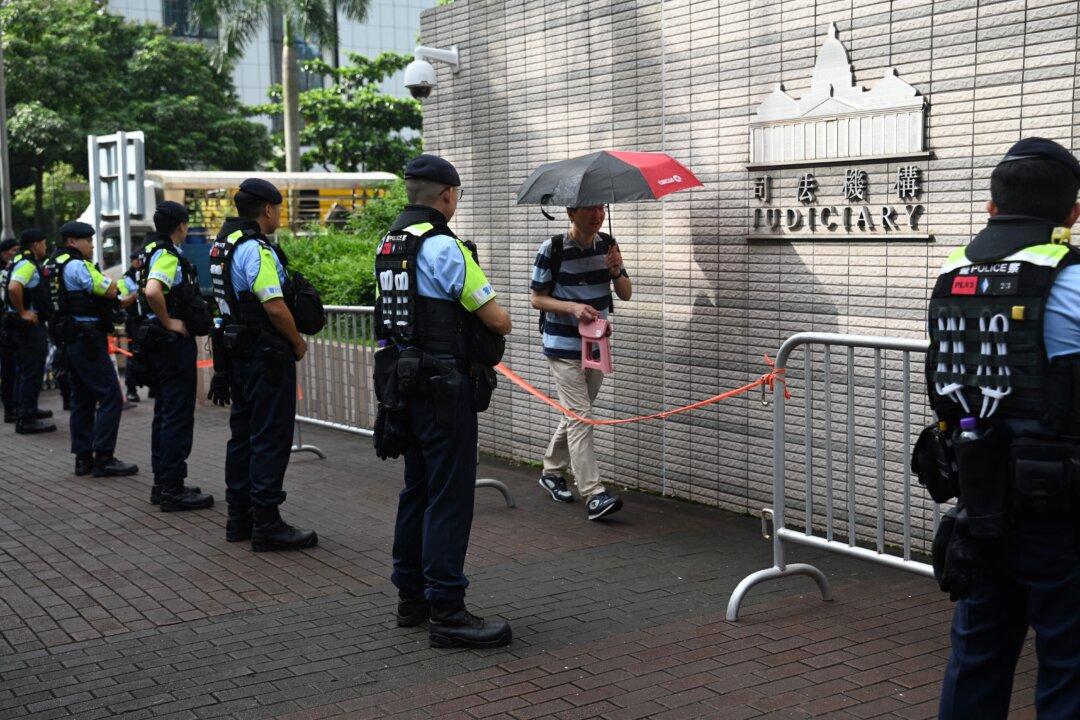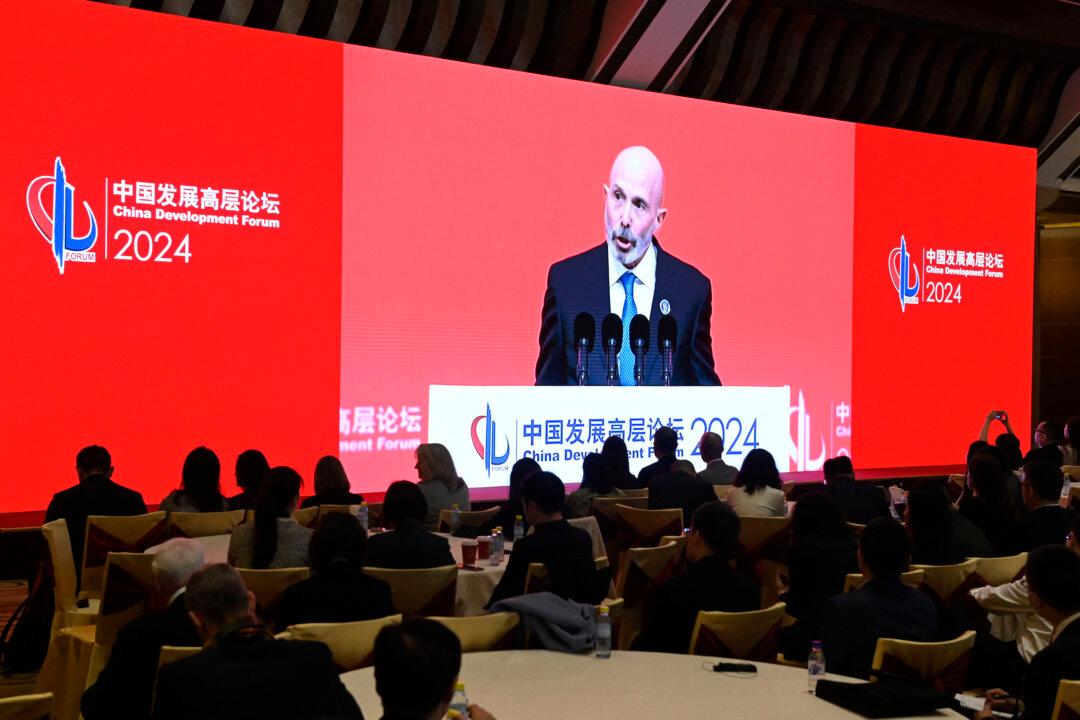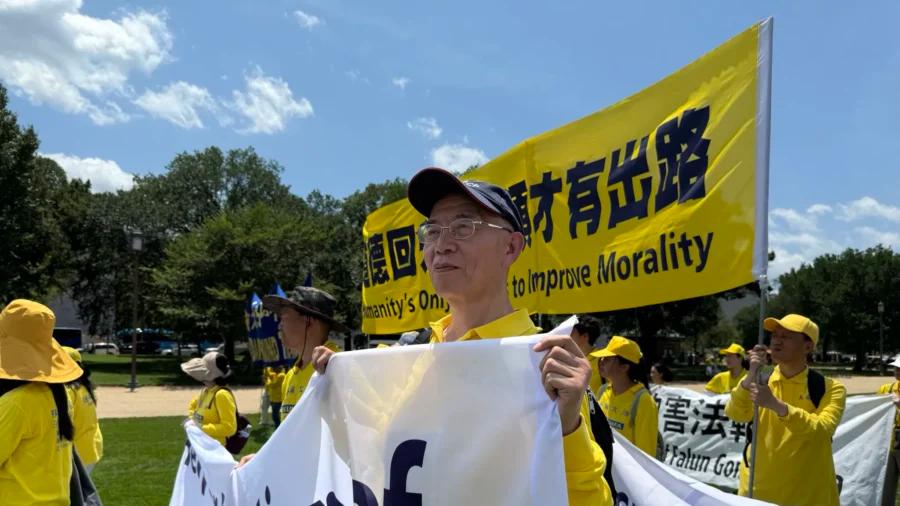A bipartisan group of House Representatives urged the Biden administration to sanction 28 officials, identified as responsible for infringing on human rights and persecuting pro-democracy protesters in Hong Kong.
“We write to express our profound concern over the recent actions by Hong Kong authorities that have further eroded democracy, the rule of law, and human rights in the region,” the group wrote in a July 17 letter to Secretary of State Antony Blinken and Treasury Secretary Janet Yellen.





